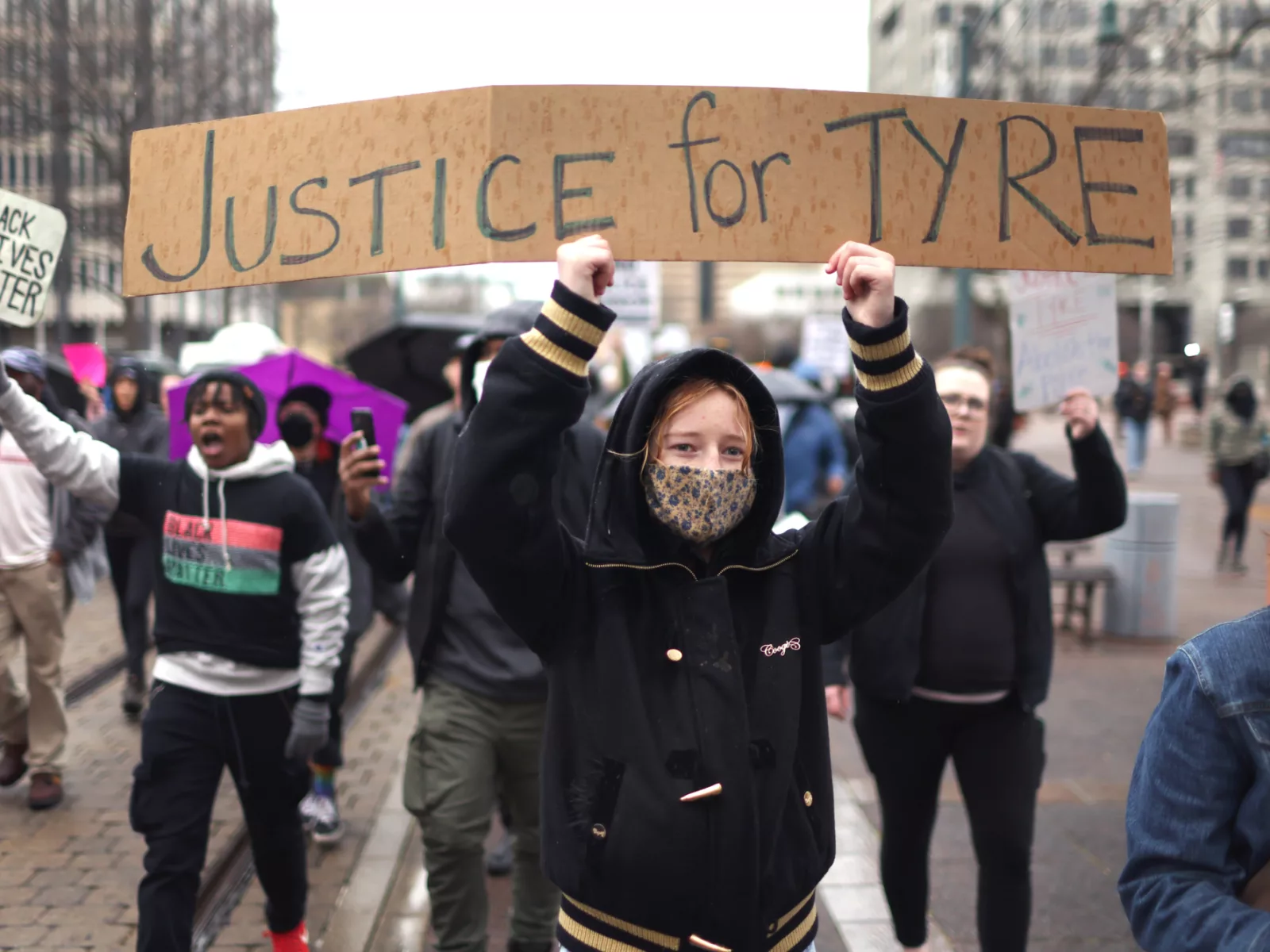In New York City, until recently, people drinking a beer in public, playing music too loud, or spending time in a park after hours could receive a criminal summons requiring them to show up in court or face an arrest warrant. Under this system, even these minor violations could result in a permanent criminal record and lead to fines and other consequences, such as a loss of employment or housing assistance. By nearly anyone’s standard, the punishment did not fit.
Recognizing the disproportionate harm and massive drain on public resources, the New York City Council approved the Criminal Justice Reform Act (CJRA). It reclassified five violations, moving them from the criminal courts to the civil courts. These include open container, public urination, littering, noise, and park violations. The changes mean that fines associated with citations for these offenses can be paid online, and court proceedings can be conducted over the phone. In addition, courts will not issue arrest warrants, and the violations will not lead to a permanent criminal record. In real terms, the CJRA prevents roughly 10,000 people per year from having a permanent criminal record and will avoid the issuance of more than 50,000 new warrants.
In developing the measure, the City Council relied on LJAF-funded research conducted by the Misdemeanor Justice Project (MJP) at John Jay College of Criminal Justice. In particular, during public hearings on the proposed legislation, the Council referred to MJP’s report highlighting the complexity and injustice associated with criminal summonses. The research provided both an empirical foundation for the reform act and the baseline for a subsequent city-funded evaluation. Now, Crime Lab New York and ideas42 are building on the research and testing whether new ways of issuing summonses will improve court attendance.
The number of people per year prevented from having a permanent criminal record because of New York City’s Criminal Justice Reform Act.





















